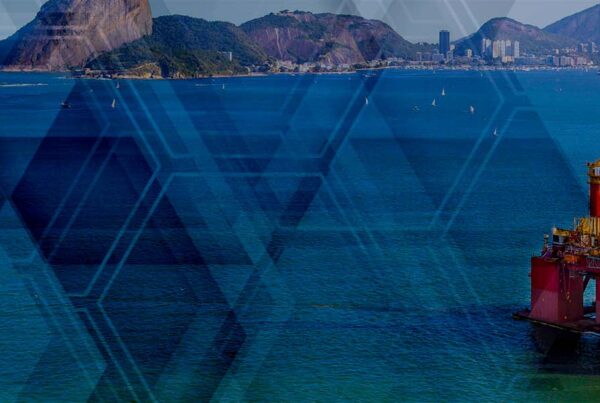 Petrobras has grown to become a major player in the global oil & gas industry following persistently high capital expenditure, especially on its deep water developments. But while the focus has been offshore, onshore activities have lagged behind and are not fulfilling their potential, due to relatively low investment levels and a limited number of operators. However, the hope remains that the 12th ANP bidding round, which resulted in bids for 72 blocks in November 2013, will finally make onshore production blossom in Brazil.
Petrobras has grown to become a major player in the global oil & gas industry following persistently high capital expenditure, especially on its deep water developments. But while the focus has been offshore, onshore activities have lagged behind and are not fulfilling their potential, due to relatively low investment levels and a limited number of operators. However, the hope remains that the 12th ANP bidding round, which resulted in bids for 72 blocks in November 2013, will finally make onshore production blossom in Brazil.
Brazilian onshore fields were exclusively operated by Petrobras until 2000 when its monopoly ended and bidding stopped in 2008 until 2013. This resulted in a significant decrease in demand for land rigs and related equipment as numbers of wells drilled fell from 449 in 2008 to 272 in 2014. Now there are some expectations that onshore activities will develop as new players enter the market to operate new developments, enhance recovery from mature fields and boost shale exploration. However, the 12th bidding rounds effect on the land rig market will not be visible until 2015. In the meantime, foreign companies are performing directional drilling with multiple fracturing in the mature “Recôncavo Bahiano” – an innovative approach to onshore field developments in Brazil.
In addition to selling foreign assets, the onshore bidding rounds also highlights that Brazil intends to finance its deepwater projects. Increased onshore production would also support Brazil’s aims to meet growing oil demand until sufficient production from the offshore pre-salt fields is obtained.
Meanwhile, as October national elections approach with former Green Party Marina Silva now as front runner, there are hot debates around corruption allegations, un-met production targets, shale exploration and indeed renewable energy.
Jose Eduardo Ribeiro, Douglas-Westwood London
+44 1795 594741 or [email protected]



